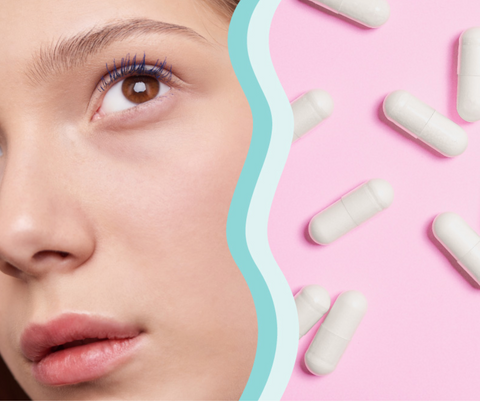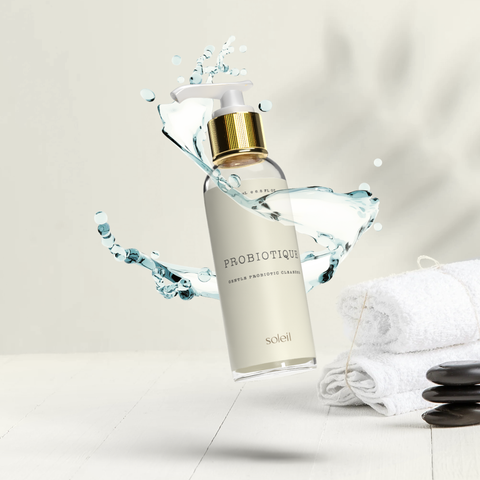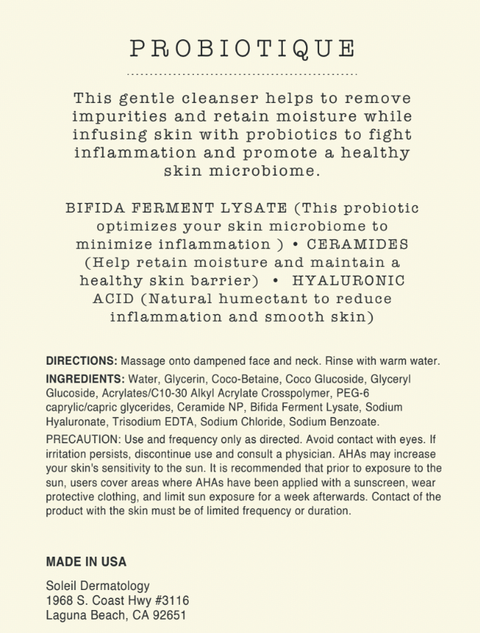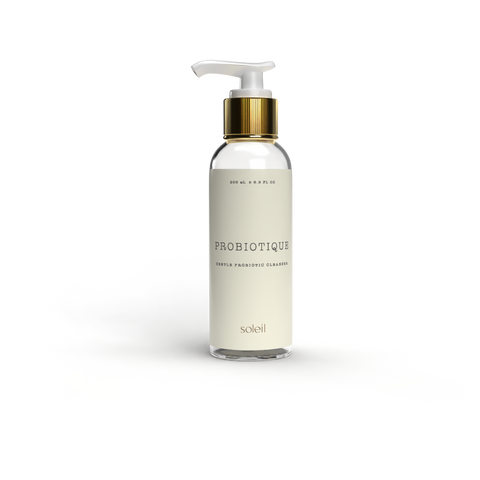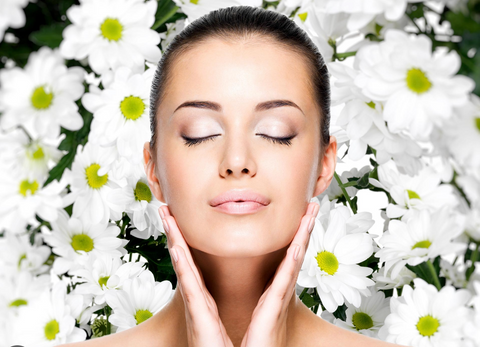Does Birth Control Prevent Acne? Insights from a Dermatological Study
Acne is one of the most common skin conditions worldwide, impacting millions of people. While its causes are varied, hormonal fluctuations are often a key factor. A 2016 study published in the Journal of Drugs in Dermatology explored whether hormonal contraceptives (often referred to as birth control) can help manage or even prevent acne. The findings provide essential insights for both individuals dealing with acne and healthcare providers looking for effective treatment strategies.
What Does the Research Say?
The study analyzed data from 2,147 women, of whom 14.3% were using hormonal contraceptives (HCs). Combined oral contraceptives (COCs) were the most commonly used form of birth control among participants. The researchers aimed to understand how hormonal contraceptives impacted acne severity, revealing a mixed set of outcomes.
Key Findings on Birth Control and Acne
-
Acne Improvement and Worsening:
- 9.6% of HC users reported an improvement in acne symptoms.
- On the other hand, 4.7% experienced a worsening of their acne.
- These findings indicate that the relationship between birth control and acne is complex, often varying based on the individual.
-
Role of Progestin in Acne:
- The type of progestin in a hormonal contraceptive plays a critical role in its impact on acne.
- Progestins with anti-androgenic properties tend to reduce acne symptoms.
- Conversely, progestins with androgenic activity may exacerbate acne.
-
Importance of Personalization:
- The study underscores the need for a personalized approach to selecting birth control. Different contraceptives can have varying effects on acne, depending on an individual’s hormonal profile and specific needs.
Can Birth Control Really Prevent Acne?
The answer is: it depends. For some individuals, birth control—particularly combined oral contraceptives with anti-androgenic progestins—can significantly reduce acne. These contraceptives work by regulating hormonal fluctuations that often trigger acne. However, for others, certain types of birth control may worsen acne symptoms due to the androgenic activity of certain progestins.
What This Means for You
For those considering birth control as a way to manage acne, it’s essential to:
- Consult a Healthcare Provider: Discuss your acne history and hormonal health with your doctor. They can recommend a contraceptive that is more likely to improve your skin condition.
- Monitor Your Symptoms: After starting birth control, keep track of any changes in your acne. This can help your healthcare provider adjust your treatment plan as needed.
- Understand the Options: Not all birth control pills are created equal. Research and ask about the progestin type in your prescribed contraceptive.
Boosting Acne Management with the Right Birth Control
This study reinforces the importance of understanding the hormonal components of birth control and their effects on acne. While birth control can be a valuable tool in preventing acne for many, individual differences make a one-size-fits-all solution unlikely. By tailoring contraceptive choices to an individual's needs, healthcare providers can help patients achieve clearer skin and improved confidence.
Conclusion
Birth control and acne management are intricately linked, but their relationship is not straightforward. The 2016 study offers valuable insights into how different hormonal contraceptives affect acne, paving the way for more personalized and effective treatment strategies. For those wondering, "Does birth control prevent acne?"—the answer lies in finding the right type of contraceptive for your unique hormonal profile.
